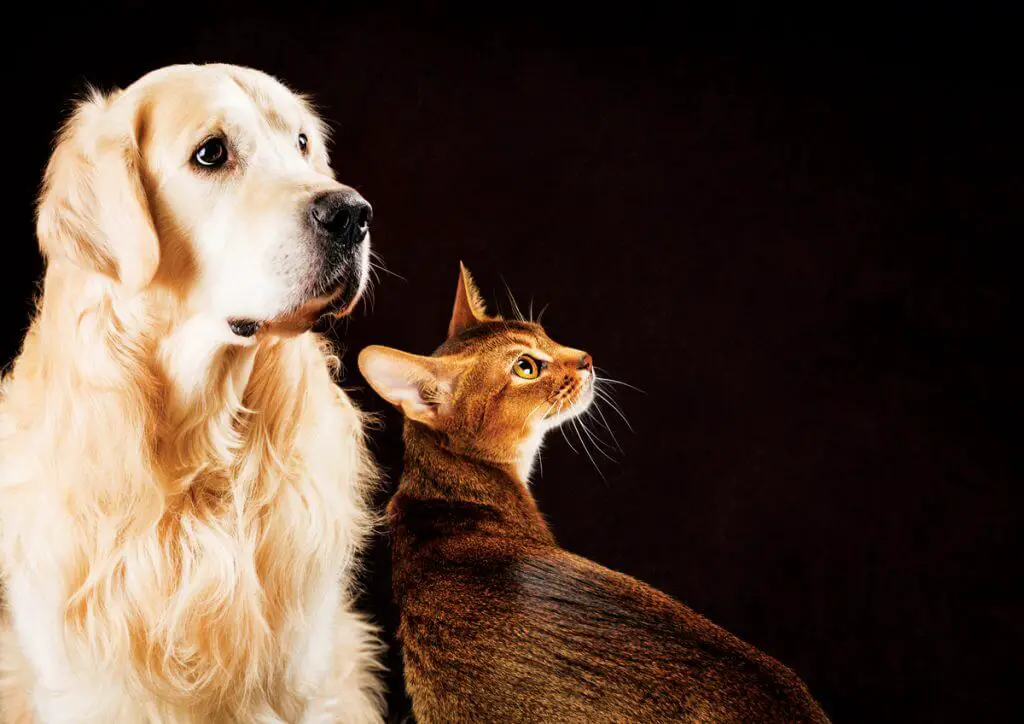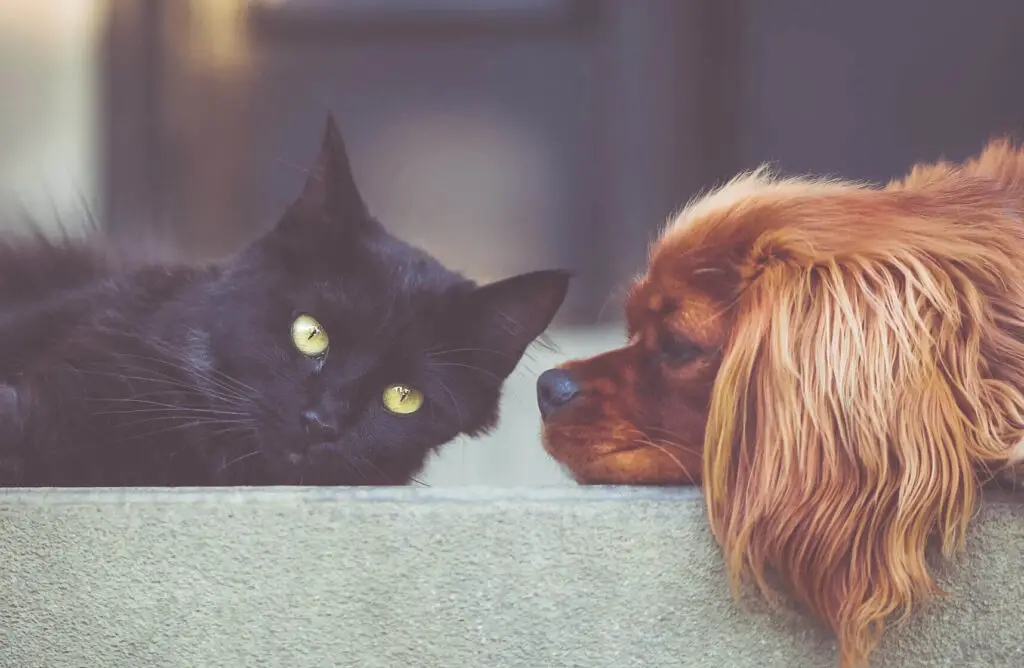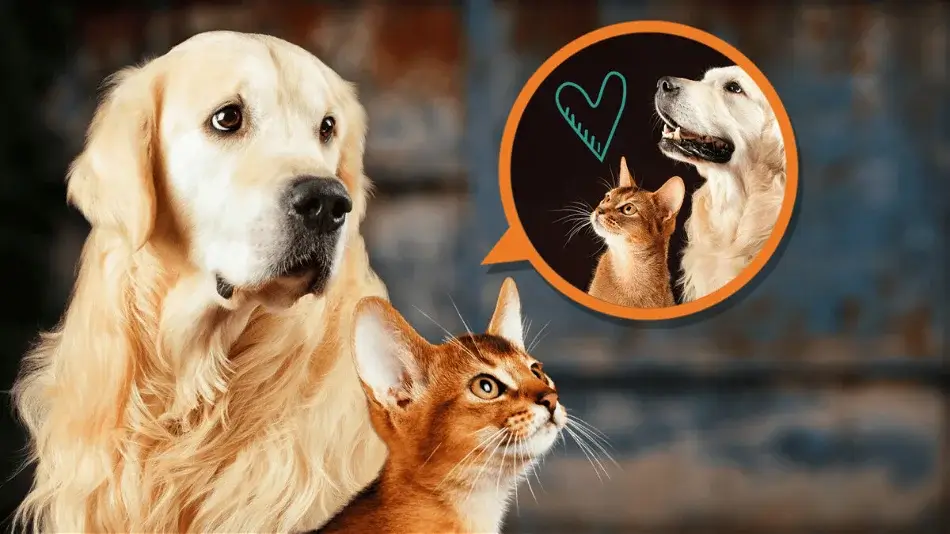No, dogs and cats cannot crossbreed to produce offspring. Despite occasional anecdotes, their genetic, anatomical, and behavioral differences prevent successful reproduction between the two species.
Understanding Interspecies Reproduction
Biological Compatibility
- Dogs (Canis lupus familiaris) and cats (Felis catus) belong to different genera within the order Carnivora.
- Interspecies reproduction typically occurs within the same genus due to genetic compatibility and shared evolutionary traits.
Genetic Barriers
- Dogs and cats have distinct reproductive systems and genetic compositions, making successful crossbreeding unlikely.
- The reproductive anatomy and physiology of dogs and cats are adapted to their respective species, with differences in reproductive cycles, mating behaviors, and fertility mechanisms.
Mechanisms of Reproduction

Dog Reproduction
- Female dogs undergo a estrous cycle, commonly referred to as “heat,” during which they are receptive to mating.
- Canine sperm possesses specific characteristics adapted to fertilizing ova within the reproductive tract of female dogs.
Cat Reproduction
- Female cats experience estrus, also known as “heat,” marked by behavioral changes and receptivity to mating.
- Feline sperm exhibits adaptations for fertilizing ova within the reproductive tract of female cats.
Incompatibility Factors
Size Disparity
- Dogs and cats differ significantly in size, with dogs typically being larger than cats.
- Size discrepancies can pose physical barriers to successful mating, making it challenging for dogs and cats to engage in reproductive behavior.
Behavioral Differences
- Dogs and cats have distinct mating behaviors and social structures.
- Mating rituals and courtship displays are species-specific and may not align between dogs and cats, reducing the likelihood of successful copulation.
Genetic Incompatibility
- Even if mating were to occur between a dog and a cat, genetic incompatibilities at the cellular and molecular levels would likely prevent fertilization and viable embryo development.
Rare Instances and Anecdotal Reports

Historical Accounts
- Throughout history, anecdotal reports of interspecies mating between dogs and cats have occasionally surfaced.
- However, scientific documentation and verification of such occurrences are scarce, and many purported cases lack empirical evidence.
Biological Constraints
- Despite occasional reports of cross-species mating attempts, biological constraints and genetic barriers limit the likelihood of successful reproduction between dogs and cats.
Conclusion
In conclusion, while the idea of a dog impregnating a cat or vice versa may spark curiosity or speculation, scientific evidence and biological principles indicate that interspecies reproduction between dogs and cats is highly improbable. The genetic, anatomical, and behavioral differences between these two species create significant barriers to successful crossbreeding. While rare instances may be reported anecdotally, they are often unsubstantiated and do not represent typical reproductive behavior. Ultimately, dogs and cats remain distinct species with their own reproductive mechanisms and genetic characteristics.
References:
https://www.catster.com/guides/can-a-dog-get-a-cat-pregnant/
https://pawsafe.com/blogs/deodorizers/can-a-dog-get-a-cat-pregnant

I’m Christopher Benjamin, a dedicated Animal Nutritionist at Ethos Veterinary Health with a Bachelor of Science in Animal Science from Michigan State University. My lifelong passion for animals led me to establish AnimalsData.Com. Here, I share expert advice, educational resources, and inspiring stories to empower fellow pet lovers worldwide. Join our community as we celebrate the beauty and diversity of our beloved animal companions!
